Reliability is a key factor when it comes to compact cars, directly impacting long-term value and driver confidence. Certain models stand out by delivering consistent performance, minimal upkeep, and strong durability even under demanding city driving conditions.
Others, unfortunately, fall short—often plagued by engineering compromises, subpar components, or ill-suited designs for city driving. This article dives into both ends of the spectrum, highlighting five compact cars that stand out for their reliability and five that struggle to endure. Whether you’re car shopping or just curious, this guide brings the facts forward.
5 Compact Cars With Big Reliability
1. Chevrolet Sonic: A Surprise Champion
The Chevrolet Sonic makes a strong case for American engineering, topping the list of reliable small cars. Its 1.4-liter turbocharged engine delivers 138 horsepower, and buyers can choose between a four-door sedan or a five-door hatchback.
Features like a Wi-Fi hotspot, Apple CarPlay, and Android Auto come standard, enhancing daily driving. With a base price of $15,420 for the sedan and $18,020 for the hatchback, it also offers exceptional value.
Chevrolet’s rise to fourth place in overall brand reliability further reinforces the Sonic’s reputation. This model is a testament to how GM has reshaped perceptions about domestic vehicle durability.
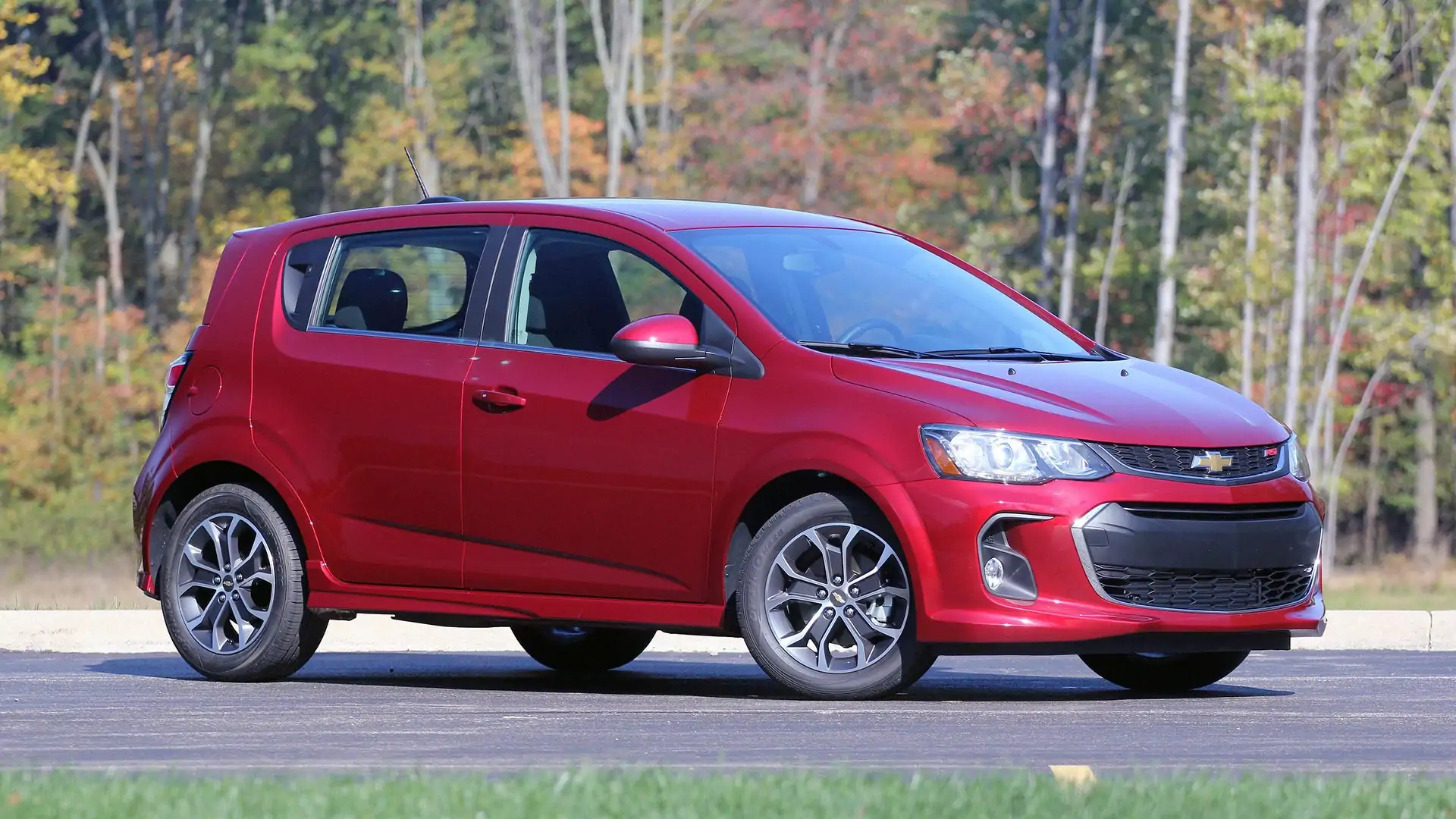
2. Hyundai Accent: Budget-Friendly Dependability
The Hyundai Accent combines affordability with impressive reliability and safety. Starting at just $14,995, the base SE model offers budget-conscious drivers a solid foundation. The Accent is powered by a 138-horsepower 1.6-liter four-cylinder engine and includes Apple CarPlay and Android Auto in higher trims.
When equipped with advanced safety features, it even earns a Top Safety Pick rating from the IIHS. Its attractive styling and low operating costs make it a favorite among urban commuters. As Hyundai continues to climb in brand rankings for reliability, the Accent stands out as a reliable and practical choice.
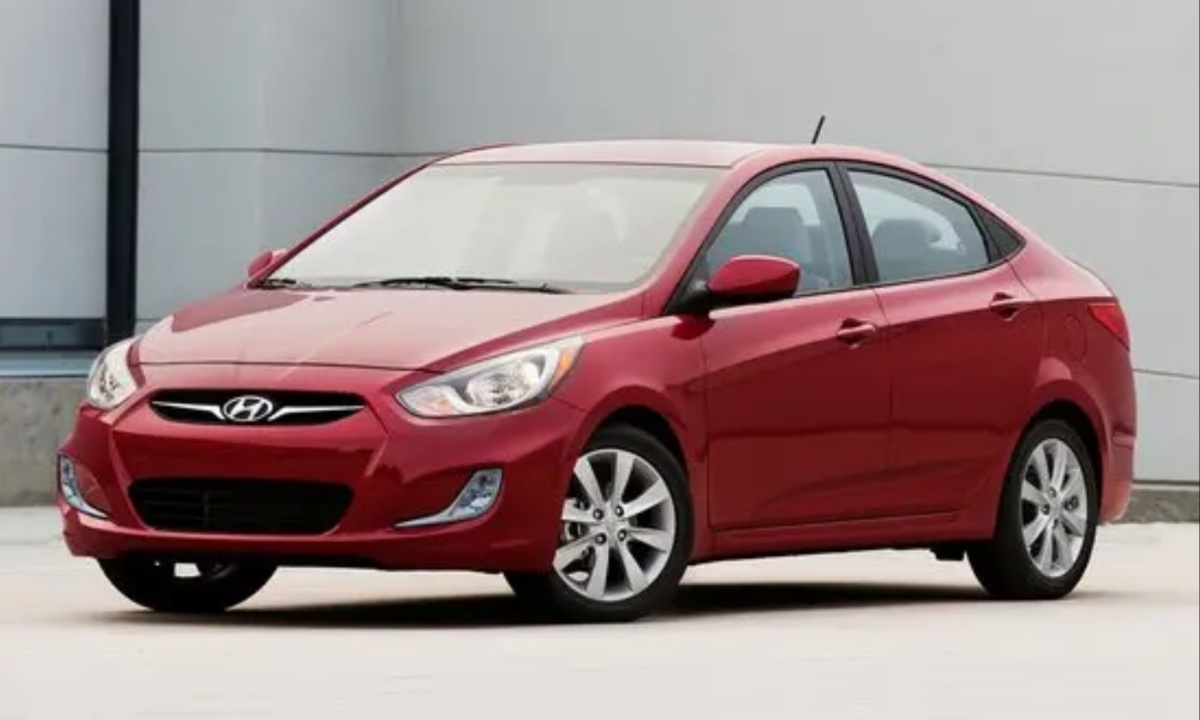
3. Nissan Versa: Reliability on a Tight Budget
The Nissan Versa remains a standout for cost-conscious buyers looking for dependable transportation. With a starting MSRP of just $12,460, the base model skips frills but offers essential reliability. Higher trims like the SV Special Edition include modern amenities such as Apple CarPlay, Android Auto, and alloy wheels.
All models come with a 109-horsepower 1.6-liter engine that handles city driving efficiently. The Versa is ideal for those who prioritize durability over luxury. Its ongoing presence on reliability lists despite its low price proves that good engineering doesn’t have to be expensive.
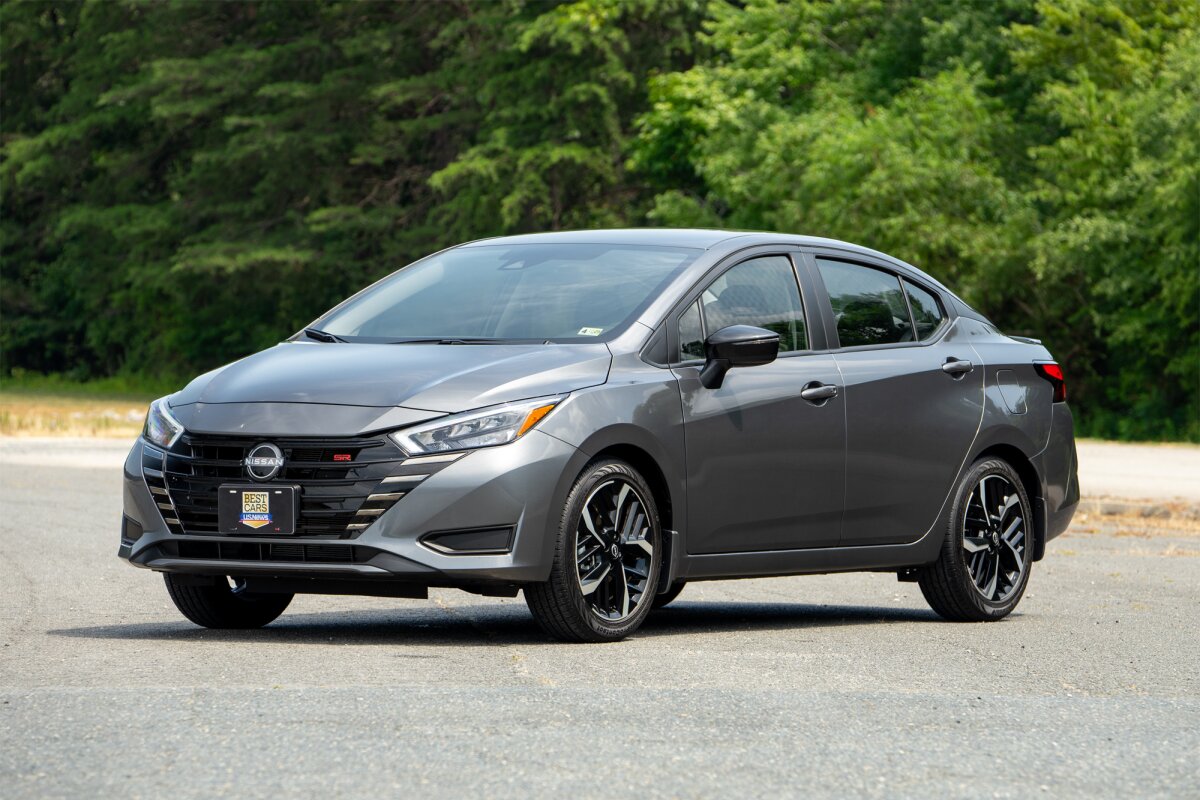
4. Toyota Corolla: Legendary for a Reason
Toyota’s reputation for dependability is well-earned, and the Corolla remains a cornerstone of that legacy. Redesigned for 2019 and 2020, both the hatchback and sedan variants offer modern styling, advanced safety tech, and fuel-efficient powertrains.
The new Corolla Hybrid achieves an EPA-estimated 53 mpg city, making it a top choice for efficiency. Toyota Safety Sense 2.0 comes standard, and the Corolla Hatchback earns a Top Safety Pick from IIHS. The Corolla’s consistent reliability, coupled with its technological advancements, makes it one of the most trustworthy compact cars available today.
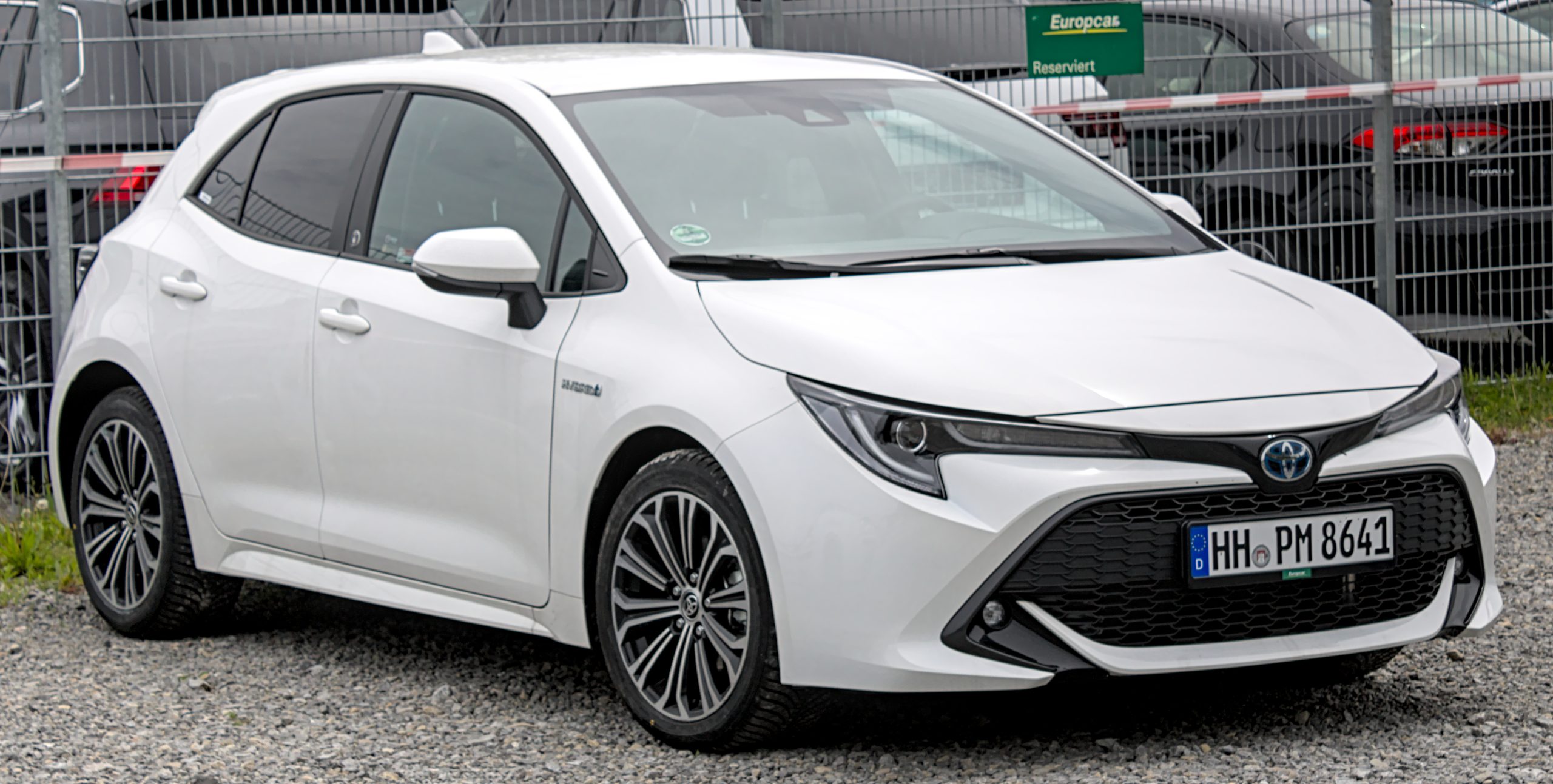
5. Chevrolet Cruze (2019): A Strong Final Bow
Though discontinued in the U.S. after the 2019 model year, the Chevrolet Cruze left on a high note. Offered in sedan and hatchback styles, the Cruze featured an optional 1.6-liter turbodiesel engine capable of 48 mpg highway—the highest among its peers. The standard 1.4-liter turbocharged engine also offered competitive fuel economy.
Its comfortable interior and modern infotainment system made it a favorite for daily drivers. As gas prices fluctuate and consumer needs evolve, the Cruze’s departure is felt. Nonetheless, its final model year serves as a reminder of the solid reliability it offered.
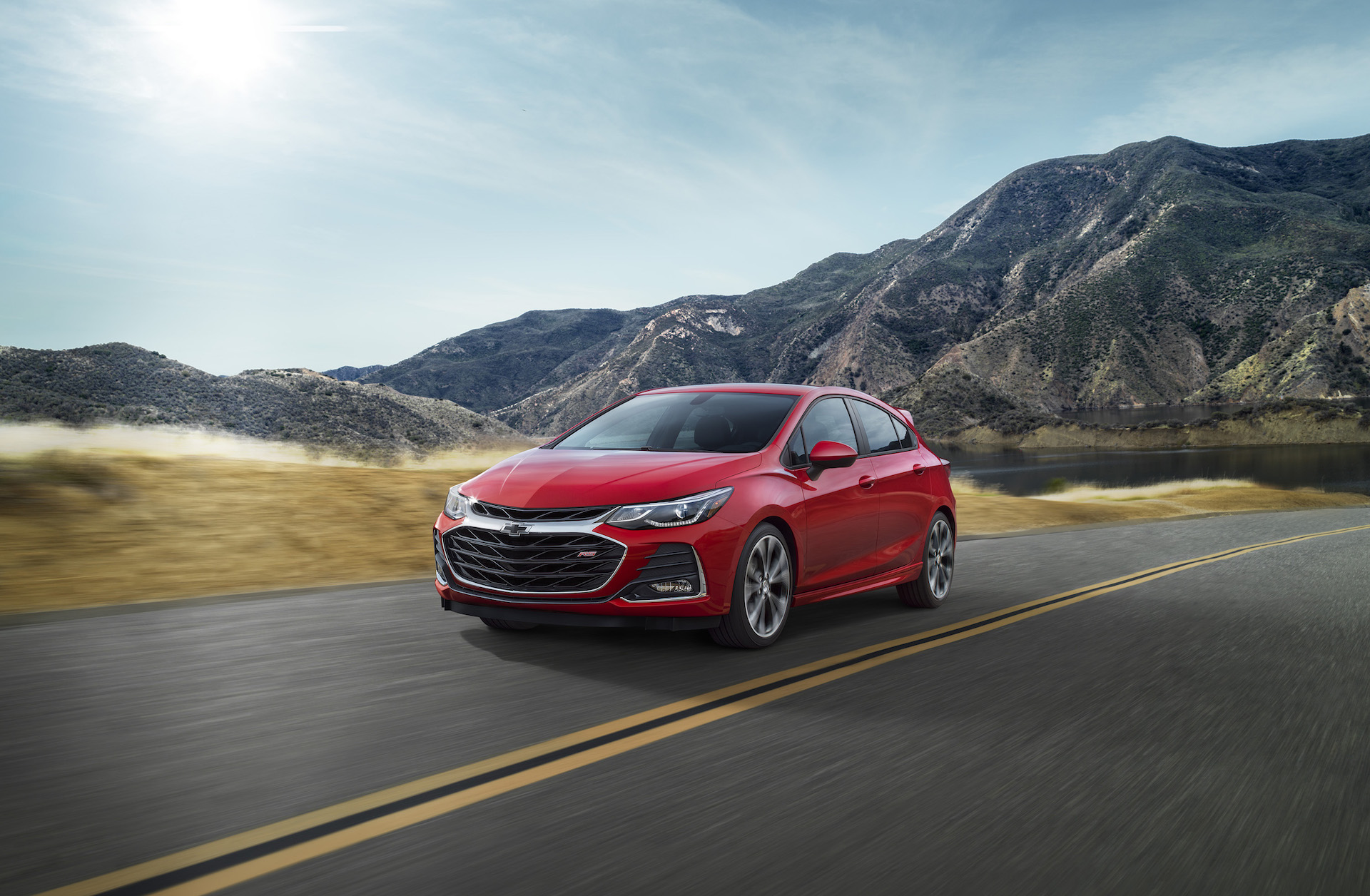
5 Compact Cars With Tiny Lifespans
1. Nissan Sentra (2013-2019): CVT Troubles
The 2013–2019 Nissan Sentra exemplifies how transmission design can sabotage an otherwise decent car. Its Jatco CVT suffers under urban conditions, with frequent failures occurring as early as 60,000 miles. The engine, though mostly stable, is prone to carbon buildup due to short trips and cold starts.
Electrical issues, such as weak alternators and short battery life, further diminish its appeal. Suspension components also wear prematurely in city settings. While affordable at purchase, the Sentra’s long-term maintenance costs and recurring issues make it a risky investment for city dwellers.
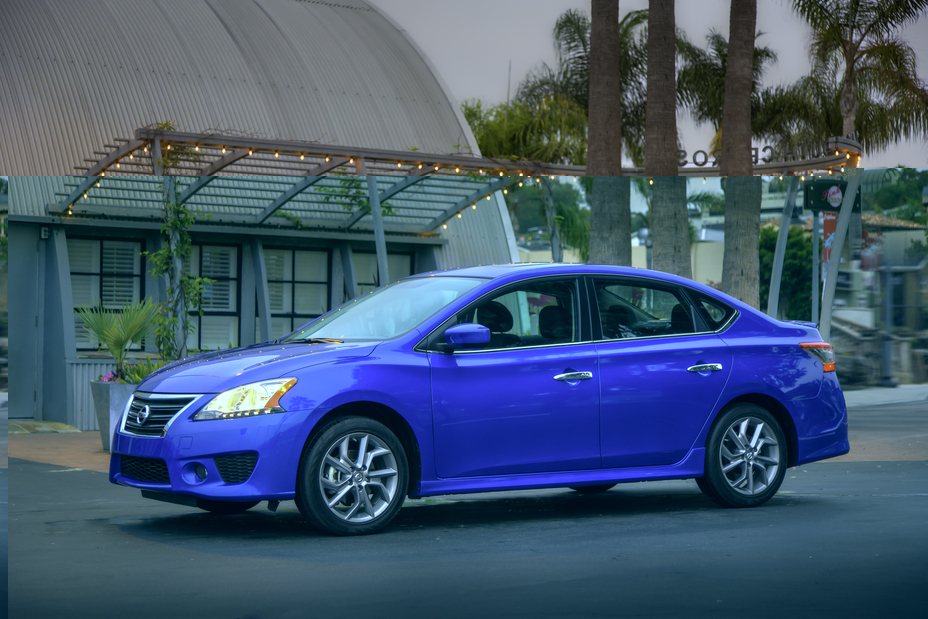
2. Ford Focus (2012–2018): PowerShift Pitfalls
The Ford Focus from 2012 to 2018, particularly with the PowerShift dual-clutch transmission, offers a cautionary tale in urban durability. Designed to blend manual and automatic benefits, the dry-clutch system falters in stop-and-go traffic. Overheating, hesitation, and early failure are common complaints.
Electrical gremlins and vulnerable rear suspension bushings worsen reliability. Class-action lawsuits prompted extended warranties, but the damage to the model’s reputation remains. While the Focus drives well and looks sharp, its transmission issues significantly reduce its suitability for city life and long-term ownership.
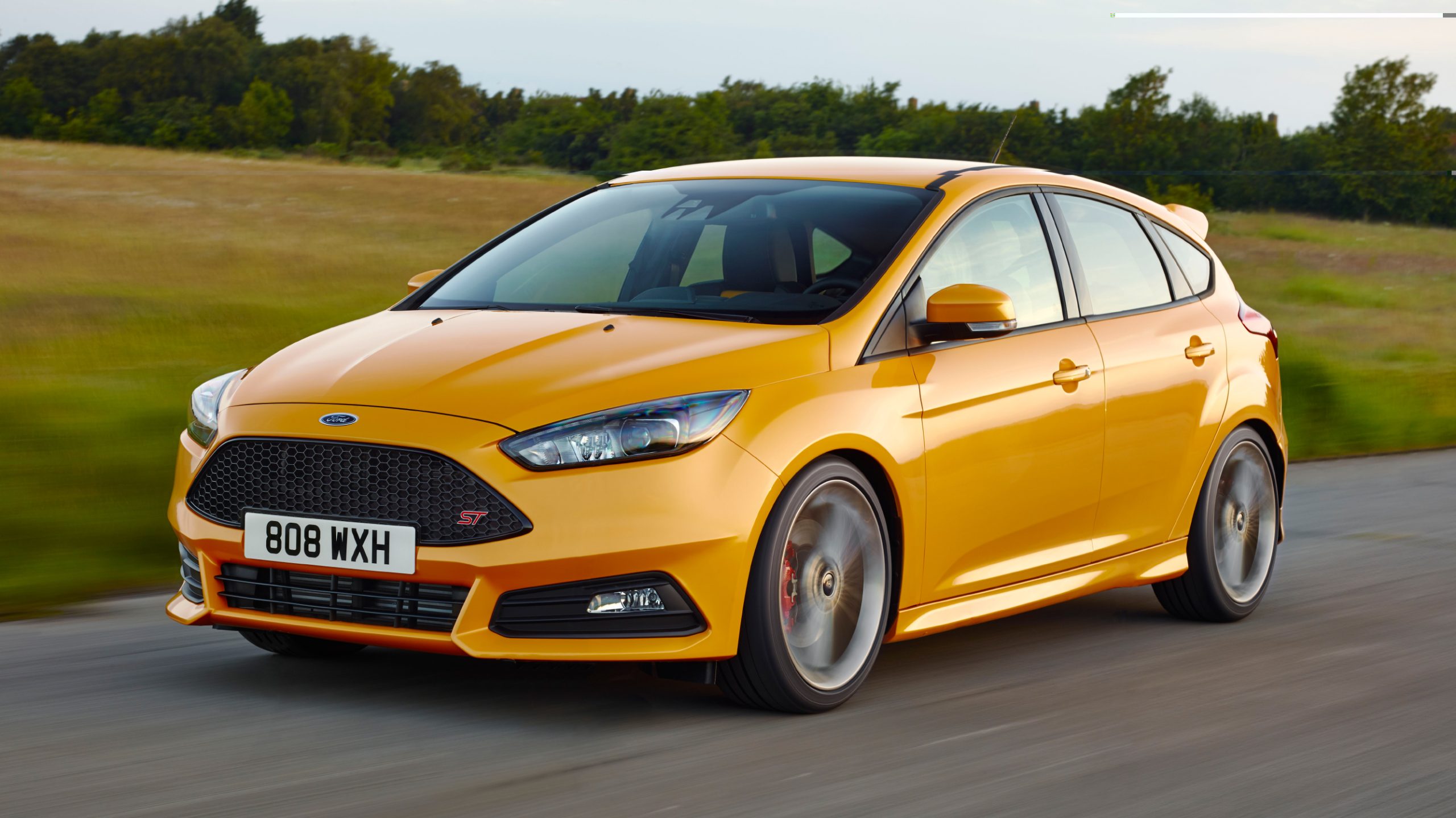
3. Chevrolet Cruze (2011–2016): First-Gen Flaws
Unlike its 2019 successor, the first-generation Chevrolet Cruze (2011–2016) struggles under city use. Its 1.4-liter turbo engine features a flawed PCV system that often fails by 60,000 miles, causing oil consumption and manifold issues. The cooling system and transmission are similarly fragile, especially in urban stop-and-go traffic.
Electrical quirks like corroding trunk switches and weak battery cables add to the woes. As these problems converge near the 80,000-mile mark, many owners find repair costs outpacing the car’s value, making the first-gen Cruze a less viable long-term option.
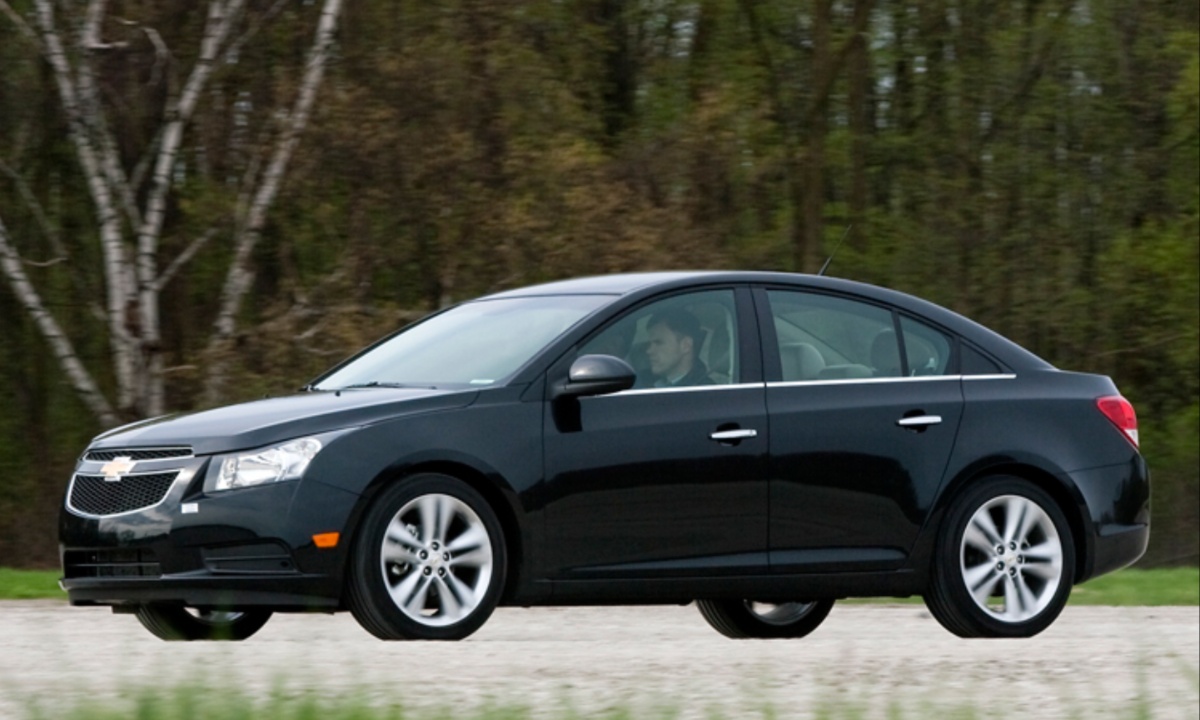
4. Mitsubishi Mirage (2014–2019): Economy Over Everything
The Mitsubishi Mirage’s appeal lies in its ultra-low cost and high fuel efficiency, but these come at the price of longevity. The 1.2-liter engine and CVT struggle under urban conditions, where frequent stops strain the underpowered drivetrain. Suspension and alignment problems surface early, often before 30,000 miles.
The Mirage’s alternator and battery also underperform, especially with accessory use in city driving. Despite its compact size and low sticker price, the Mirage deteriorates rapidly when used in urban environments, undermining any initial savings with recurring maintenance needs.
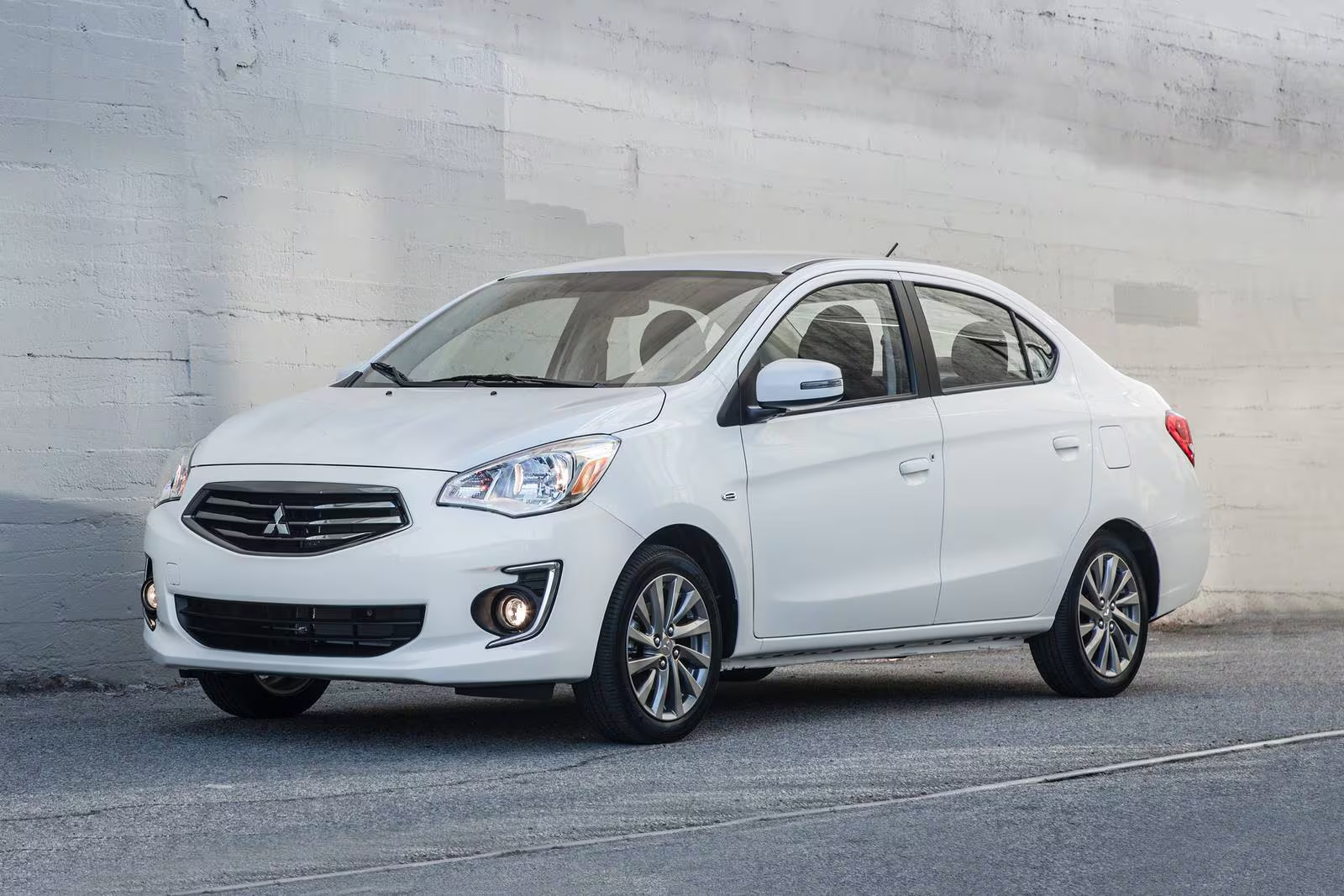
5. Fiat 500 (2012–2019): Style Over Substance
The Fiat 500 may win hearts with its chic design, but reliability is its Achilles’ heel. The MultiAir engine system is sensitive to oil quality and prone to expensive failures. Its automated manual transmission suffers from clutch and actuator wear in city traffic.
Electrical components—especially the TIPM—fail frequently under thermal and vibrational stress. Suspension wear also occurs early, particularly in pothole-ridden cities.
Fiat’s retreat from the North American market further complicates repairs due to limited parts and service availability. For city drivers, the Fiat 500’s charm often fades into frustration.
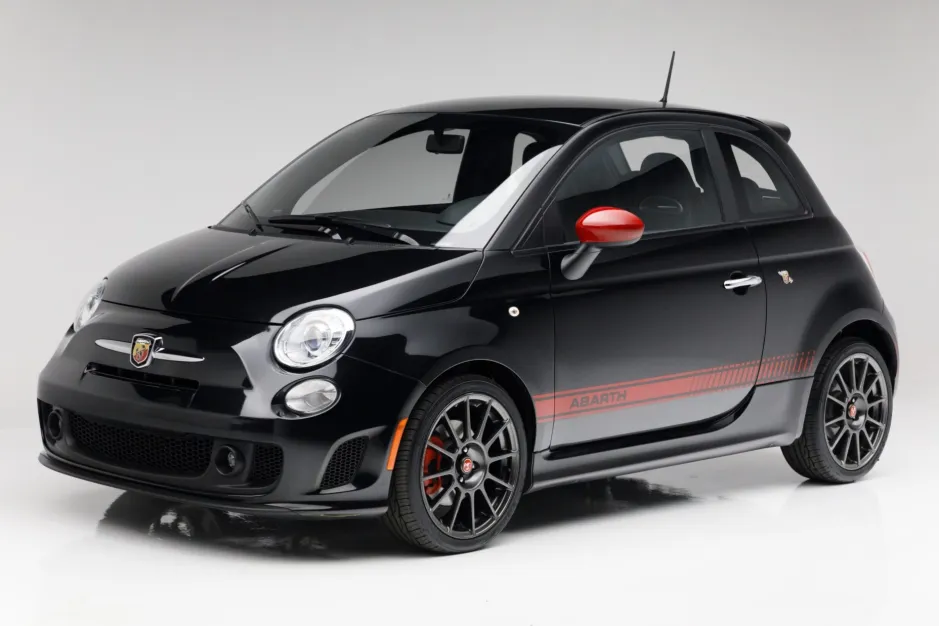
Choosing a compact car involves more than just initial cost and appearance—reliability over time is equally vital. As seen in this breakdown, models like the Chevrolet Sonic, Hyundai Accent, and Toyota Corolla excel in urban environments and long-term performance.
In contrast, vehicles such as the Nissan Sentra and Fiat 500 may seem appealing but often fall short in city durability. Understanding these distinctions helps buyers avoid costly mistakes and make informed decisions. Whether shopping for value or longevity, aligning expectations with engineering realities is the key to a smart automotive investment.
Also Read: 5 Cars That Are Worth Detailing vs 5 That Aren’t Worth Cleaning

